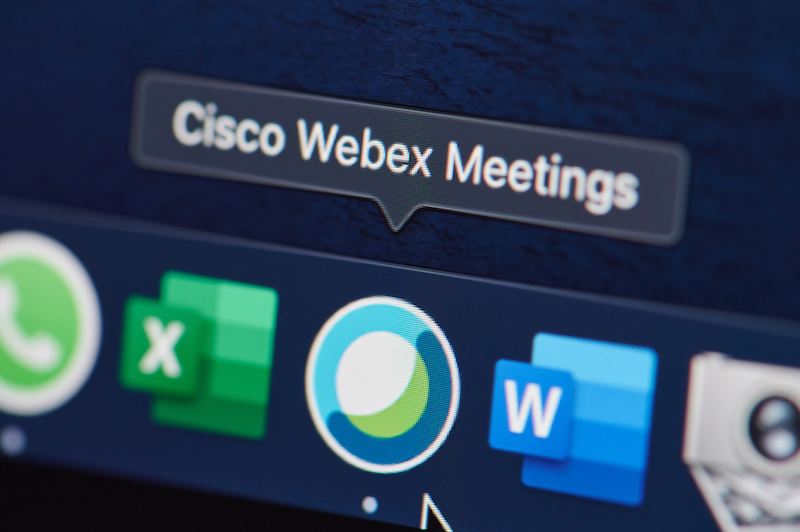Security News

With world+dog on Zoom these days, news of a zero-day attack against the videoconferencing app would cause a stir, but relax - it's only if you're on Windows 7 or older. An independent researcher told ACROS Security about the flaw that would allow for remote code execution on any Zoom Client for Windows used by Windows 7, even with extended support after the OS was shuttered in January.

Zoom is working on resolving a remote code execution vulnerability affecting the Windows client, but a third-party fix has been made available for users who don't want to wait for the official patch. On Thursday, ACROS Security announced the availability of a micro-patch for a remote code execution vulnerability in Zoom Client for Windows.

Microsoft on Tuesday published advisories to provide details on two remote code execution vulnerabilities addressed in the Windows Codecs Library. Both of these vulnerabilities are related to the manner in which the affected Windows component handles objects in memory and both feature a CVSS score of 7.3.

NVIDIA this week released patches for a dozen vulnerabilities in GPU display drivers and vGPU software, including multiple issues that could lead to code execution. The most severe of the bugs affecting the GPU drivers include CVE‑2020‑5962, which was found in the NVIDIA GPU display driver, and CVE‑2020‑5963, which resides in the CUDA driver.

VMware informed customers on Tuesday that it addressed a total of 10 vulnerabilities affecting its ESXi, Workstation and Fusion products, including critical and high-severity flaws that can be exploited for code execution on the hypervisor. An attacker who has local access to a virtual machine with 3D graphics enabled can exploit the weakness for arbitrary code execution on the hypervisor from the VM. VMware has pointed out that 3D graphics are enabled by default on Workstation and Fusion, but not on ESXi.

Cisco is warning of three high-severity flaws in its popular Webex web conferencing app, including one that could allow an unauthenticated attacker to remotely execute code on impacted systems. "An attacker could exploit this vulnerability by sending crafted requests to a vulnerable Cisco Webex Meetings or Cisco Webex Meetings Server site," according to Cisco's security update.

Updates released this week by Drupal patch several vulnerabilities, including a flaw that could allow an attacker to execute arbitrary PHP code. The code execution vulnerability, tracked as CVE-2020-13664, can be exploited against Drupal 8 and 9 installations, but only in certain circumstances.

Adobe announced on Tuesday that it has patched 18 critical code execution vulnerabilities in its After Effects, Illustrator, Premiere Pro, Premiere Rush, and Audition products. Adobe fixed five critical out-of-bounds write, out-of-bounds read and heap overflow vulnerabilities that can be exploited for arbitrary code execution in the context of the targeted user.

Cisco's Talos threat intelligence and research group has released information on a recently addressed vulnerability in Firefox that could be exploited for code execution. Cisco Talos on Wednesday published technical details on the security flaw, explaining that successful exploitation could lead to remote code execution.

"Microsoft's latest fixes in its June Patch Tuesday update show that when it comes to vulnerabilities, what's old is new again. The same vulnerabilities we've seen appear in Adobe Flash over the past few years, along with common cross-site-scripting issues, were addressed this month. As witnessed within Microsoft Office SharePoint, there were multiple XSS vulnerabilities identified in the same product - this could be the result of a researcher who found one flaw and decided to continue digging, or Microsoft itself going through similar flows of code to try to fix them all." "This month starts with CVE-2020-1281, a remote code execution vulnerability in Microsoft's Object Linking & Embedding. This vulnerability impacts Windows 7 through 10 and Windows Server 2008 through 2019. The vulnerability exists in the way OLE validates user input. An attacker who sent a specially crafted file or program, or convinced a victim to download one, could execute malicious code on the victim's machine. Microsoft assigned this vulnerability a CVSS score of 7.8; a similar vulnerability, CVE-2017-0199, has been widely exploited including by the Lazarus group and APT 34.".